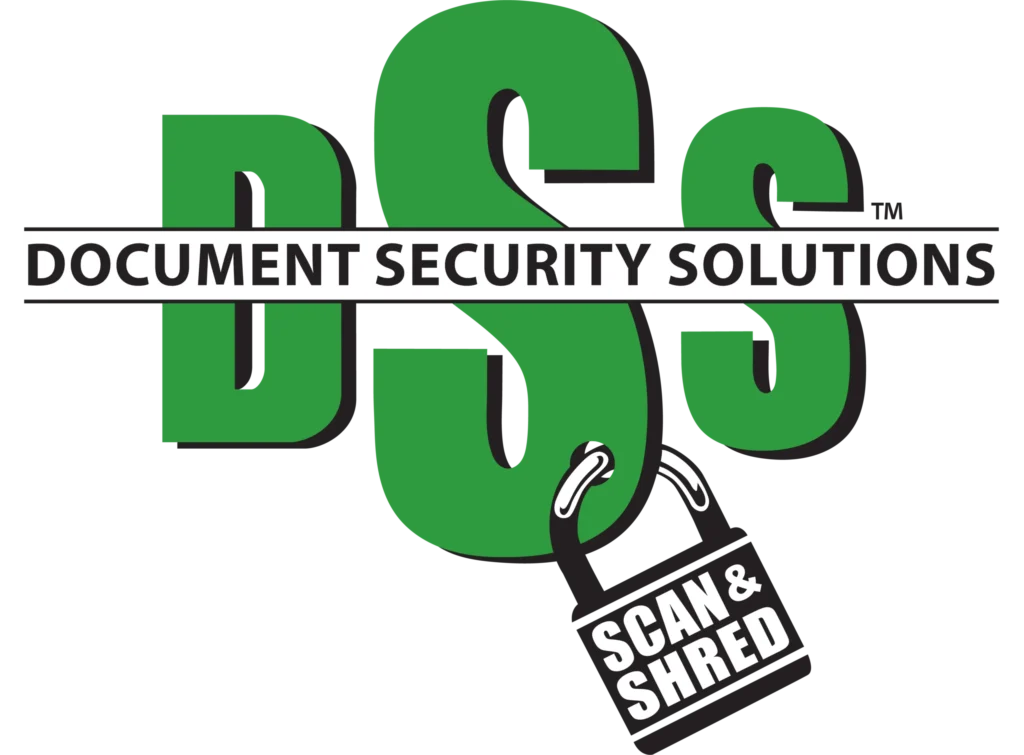Ever thought you’d be embarking on a journey through the riveting history of paper shredding? Well, strap in! You’re about to discover how this seemingly mundane device evolved from a simple invention to an indispensable tool for security and data protection. You’ll also explore its environmental impact and glimpse into the future of shredding. It’s a tale that’ll shred your preconceptions into tiny, unrecognizable strips.
The Birth of Paper Shredding: Early Days and Innovations
It’s fascinating to delve into the early days and innovations that marked the birth of paper shredding. You’d be amazed at how simple ideas transformed over time, evolving through a series of patents towards a more complex and useful machine.
The journey started with inventor Abbot Augustus Low who filed the first patent for a ‘waste paper receptacle’ in 1909. But it wasn’t until Adolf Ehinger’s invention in 1935 that we saw an actual working model. He cleverly modified a hand-crank pasta maker into a device that could cut paper into thin strips – marking a significant milestone in shredder patents evolution.
As you move along this timeline, you’ll notice industrial shredding applications start to surface during the mid-20th century. With increasing concerns about information security during World War II, industries realized they needed robust methods to dispose of sensitive documents. They turned to shredders as their weapon of choice against espionage – an application that’s still relevant today.
From these humble beginnings grew an industry worth billions today! So next time you’re casually feeding sheets into your office shredder, remember the historical journey it took to reach under your desk.
Paper Shredding During the World Wars: a Tool for Security
During the World Wars, you’ll find that document destruction became a crucial tool for maintaining security and confidentiality. It was during this time that paper shredding evolved significantly to meet the demands of wartime secrecy.
Let’s delve into some key areas where paper shredding made a difference:
1. Code Decryption Strategies: Paper shredding helped in securing vital coded documents from falling into enemy hands, thereby preserving the integrity of sensitive military strategies.
2. Propaganda Destruction Methods: Governments used paper shredders to destroy propaganda materials disseminated by their enemies, preventing further spread of misinformation among their troops and civilians.
3. Securing Confidential Communication: The destruction of sensitive communication prevented leakage of confidential information which could have been detrimental to war efforts if intercepted by adversaries.
4. Protection against Espionage: Shredded documents were harder to reconstruct, providing an added layer of protection against enemy espionage activities.
These examples show how paper shredding played a pivotal role during difficult times like these World Wars. You see, it wasn’t just about destroying papers; it was about safeguarding secrets and protecting nations at war. Through necessity came innovation, leading us closer to our modern-day methods and understanding of document destruction.
Technological Advancements in Paper Shredding: The Mechanical Era
Moving forward to the mechanical era, we’ll see significant technological advancements that further refined the methods of document destruction. You can observe how shredding efficiency became a paramount concern in this period, with manufacturers continually innovating their designs for maximum output.
The introduction of cross-cut shredders was a game changer. Unlike their strip-cut predecessors, these machines could chop paper down into tiny pieces, substantially enhancing security levels. They were also faster and could tackle more sheets at once without compromising the quality of cuts – a clear testament to improved shredding efficiency.
Yet, as always, increased functionality called for regular shredder maintenance. The complex mechanisms behind these versatile machines demanded attentiveness from you as an operator. Lubrication became essential to keep blades sharp and prevent jams; overheating was another issue that required mitigation through proper cooling systems.
These technological advancements undoubtedly propelled paper shredding into a new league of effectiveness and convenience. But they also emphasized the need for careful operation and routine upkeep – two elements you had no choice but to master if you wanted your machine performing at its best consistently. So indeed, while technology evolved, it still relied heavily on human diligence.
The Role of Paper Shredding in Modern Data Protection
In today’s digital age, we’re increasingly recognizing the importance of document destruction in safeguarding sensitive information. Shredding regulations have become crucial to ensure proper disposal and prevent potential identity theft.
You may wonder why paper shredding is still relevant amidst our shift towards digitization. Here are four compelling reasons:
1. Compliance with Laws: Various laws require businesses to destroy certain documents after their retention period expires.
2. Identity Theft Prevention: Shredded documents make it almost impossible for criminals to reconstruct and steal sensitive data.
3. Protects Business Information: Confidential business information can fall into wrong hands if not properly destroyed.
4. Environmental Responsibility: Paper shredding, followed by recycling, reduces the carbon footprint.
However, it’s important that you don’t just shred; you must also adhere to certain standards outlined by shredding regulations such as FACTA and HIPAA in the US, which dictate how different types of documents should be destroyed.
Despite technological advancements, paper shredding remains an effective tool in modern data protection strategy. So, continue using your shredder diligently – it’s doing more than just decluttering your workspace; it’s protecting you from identity theft and legal consequences too.
Environmental Impact and Future Trends in Paper Shredding
Looking ahead, it’s obvious that the environmental implications and future trajectories of document destruction are becoming more pertinent in our discussions about data protection. Shredding regulations require proper waste management to reduce the ecological footprint.
| Shredding Regulations | Waste Management |
| — | — |
| Ensure secure disposal | Paper recycling |
| Monitor carbon emissions from shredding process | Controlled landfill management |
You’ve got to consider how your paper shredding practices fit into these regulatory standards. Are you recycling the shredded paper? If not, you’re missing out on an opportunity to conserve resources and help reduce landfills’ growth rates.
Moreover, advancements in technology are reshaping the landscape of document destruction. More companies are investing in eco-friendly shredders that minimize carbon emissions during operation. They’re also exploring digital alternatives like electronic data destruction, thereby eliminating paper waste completely.
Frequently Asked Questions
What Are the Different Types of Paper Shredders Available in the Market Today?
You’ll find strip-cut, cross-cut, and micro-cut shredders on the market today. They differ in shredder energy efficiency and secure shredding practices, with micro-cuts offering the highest security but consuming more power.
How Can Individuals Maintain and Clean Their Personal Paper Shredders?
You can maintain your personal paper shredder by regularly emptying the waste bin, oiling the blades, and not overloading it. Remember shredder safety precautions when shredding confidential documents to prevent accidents.
What Are Some Common Issues Users May Encounter With Paper Shredders and How Can They Be Fixed?
You’ll face a mountain of issues with shredders, from paper jams to overheating. Fear not! Proper shredder safety measures and quick overheating solutions can turn your shredder nightmares into a dream-like reality.
Are There Any Laws or Regulations Concerning the Disposal of Shredded Paper?
Yes, there are laws regarding shredded paper disposal. They’re tied to shredding confidentiality importance and environmental impact analysis. You must ensure confidential data is properly destroyed and disposed in an environmentally friendly way.
Can Shredded Paper Be Recycled or Reused in Any Way?
Yes, you can recycle shredded paper or use it in various ways. It’s great for composting in gardens or crafting activities like shredded paper crafts, providing a sustainable way to repurpose what might be waste.





